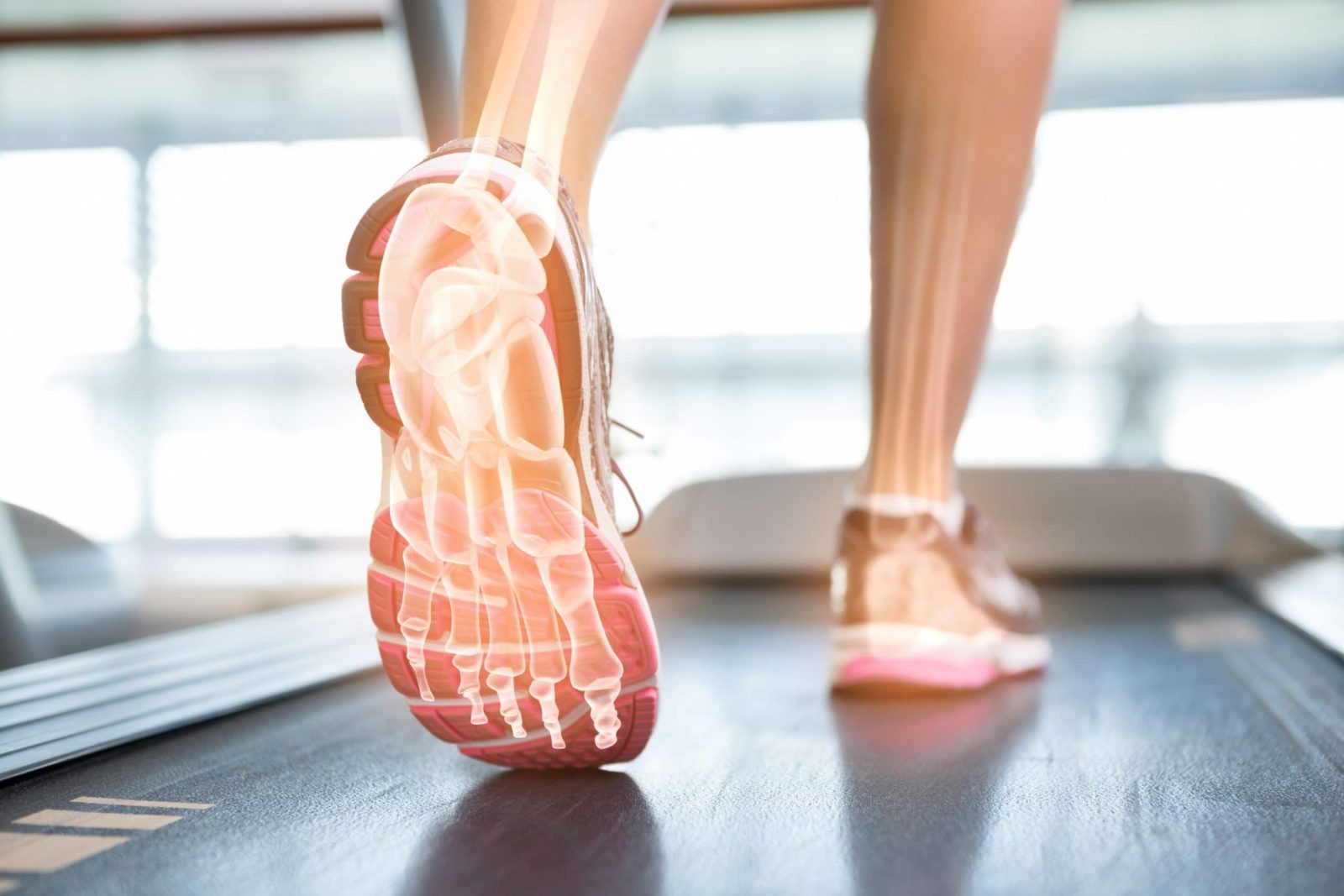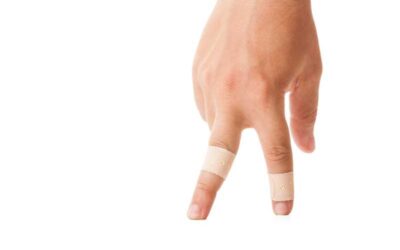Plantar Fasciitis
Plantar fasciitis is a painful foot condition that affects up to 10% of Americans. While it isn’t dangerous, it causes enough discomfort to be the reason for at least 1 million medical appointments each year in the US. Also called “heel pain syndrome”, plantar fasciitis can stop your active lifestyle in its tracks. Thankfully, there are things you can do to treat it. Read on to learn more about this condition, how you can treat plantar fasciitis with shoe inserts, and why your shoes are so important.
Causes of Plantar Fasciitis
Plantar fasciitis happens when the fascia (connective tissue) of the bottom of your foot gets inflamed and irritated. Many people develop it as they reach middle age, but getting older isn’t the only cause. The reasons for this condition can include:
- Poor shoe choices
- Overweight and obesity
- Frequent strenuous/high impact activity
- Flat feet
- High arches
Contrary to popular belief, bone spurs don’t cause plantar fasciitis. As such, surgery isn’t a reliable treatment option for this condition.
Plantar Fasciitis Symptoms
If you think you might have plantar fasciitis, here are some of the symptoms to watch out for:
- Stabbing or aching heel pain
- Pain gets worse after long periods of inactivity
- Pain gets worse over time, not better
- Heel swelling
- Pain in your foot’s arch
If your symptoms match up with these, it’s time to seek treatment right away.
How to Treat Plantar Fasciitis
If you’re dealing with this painful condition, there is hope! Here are a few prevention methods and natural treatments for plantar fasciitis so you can get back on your feet in no time.
Prevention
To prevent plantar fasciitis, stay active but try to reduce the impact on your feet when you exercise. If you’re overweight, losing a few pounds can help relieve some of the pressure. Also, make sure to stretch out your feet before and after any activities.
Custom Plantar Fasciitis Orthotics
Plantar fasciitis shoe inserts or orthotic insoles are designed to support the areas of your feet that take a pounding when you walk, run, or jump. They hold your foot in the optimal position for healing so you stop causing more damage during activity.
While some store bought options claim to work, the best orthotics for plantar fasciitis are ones that are custom-fit to your feet. Visit your chiropractor to have a pair made just for you.
Recovery
If you’re already dealing with plantar fasciitis, make sure to follow the instructions your chiropractor gives you. These may include specially designed exercises, stretches, and things to avoid. Remember to wear your orthotics as much as possible to promote faster healing.
Orthotics for Plantar Fasciitis Matter, but so Do Your Shoes
If you’re wearing the wrong footwear, your orthotics won’t be able to help you recover. Here’s the lowdown on which shoes are good for feet and which ones you should avoid.
Shoes You Should Wear
The shoes you should wear are ones that provide adequate room for your feet and support for your arches. They should meet these criteria:
- Low-heeled (2 inches or shorter)
- Wide, boxy toes that don’t squish your foot
- Room for your toes (1/2 inch of empty space from the tip of your toes to the front of the shoe)
- Arch support
- Room for your custom orthotics
Tennis shoes or sneakers with good arch support often fit the bill, as can some flat-heeled dress shoes and slip-on loafers.
Shoes to Steer Clear Of
Avoiding the wrong shoes matters as much as wearing the right ones. Watch out for:
- High-heeled shoes (especially stilettos)
- Flat shoes with no support
- Shoes with a tight fit
- Shoes that are too small
- Pointy toes
- Flip-flops and other summer sandals
If you must wear any shoes that fit into these categories, try to do so for no more than two hours at a time. Always remember to stretch your feet before and after wearing these shoes.
Orthotics: a Natural Treatment for Plantar Fasciitis
Seeing a chiropractor for plantar fasciitis may not make sense to you at first, but your chiropractor can do a lot more than help your back feel better. It’s time to talk to your Mill Creek chiropractor about getting custom orthotics for plantar fasciitis. Contact us today to schedule a free initial consultation!




